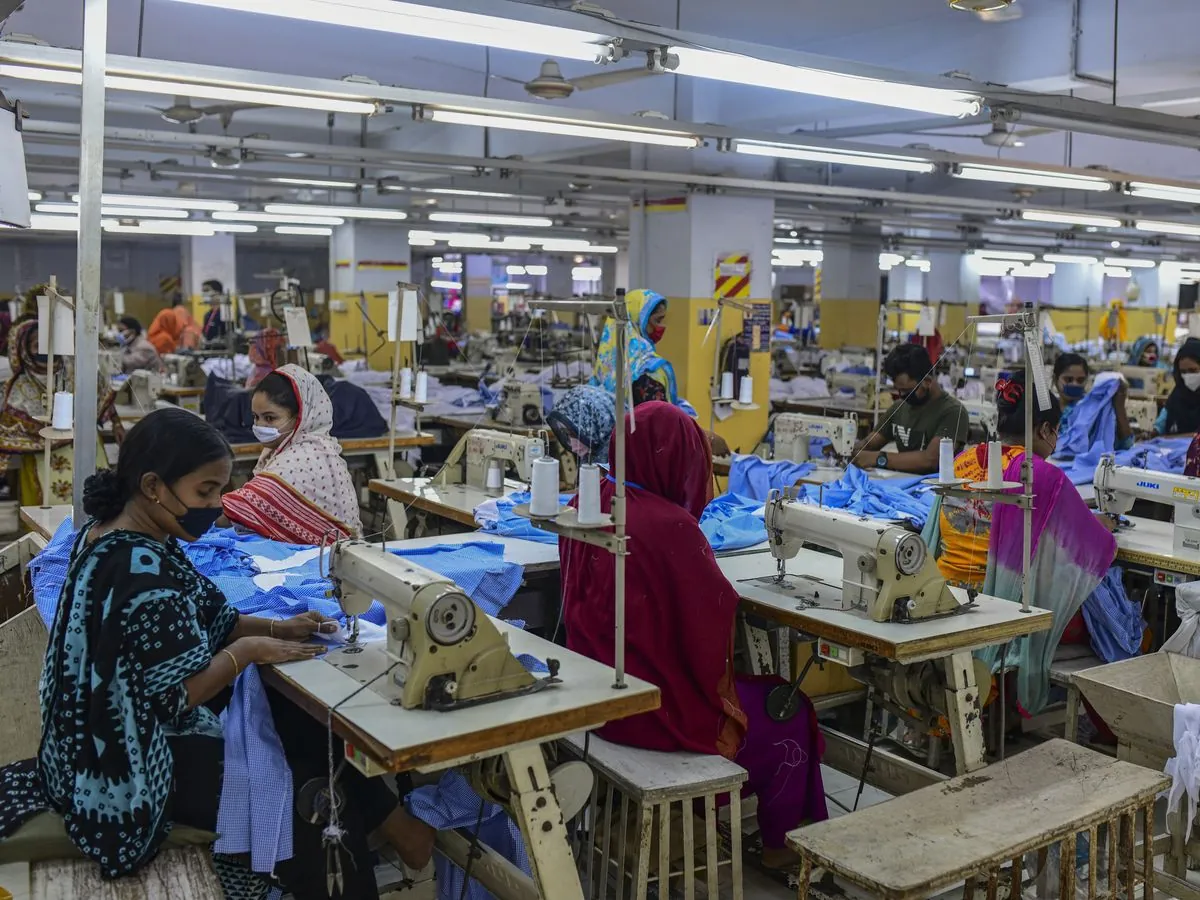Indian Firms Resume Operations in Bangladesh Amid Political Shift
Indian companies gradually restart activities in Bangladesh following anti-government protests. LIC, Pearl Global Industries, and Marico report partial resumption of operations amid cautious optimism.

In the wake of recent political upheaval in Bangladesh, Indian companies are cautiously resuming their operations in the country. The situation follows anti-government protests that led to the resignation of Prime Minister Sheikh Hasina and the establishment of a caretaker government led by Nobel Peace laureate Muhammad Yunus.
Life Insurance Corporation of India (LIC) partially restarted its activities in Bangladesh on August 8, 2024, after a three-day closure. The company, which has 13 offices in the country, reported selling approximately 4,500 policies in the previous fiscal year. However, LIC noted that the situation had not fully normalized, potentially affecting future operations.
Pearl Global Industries, an Indian garment manufacturer supplying to global brands, resumed operations on August 7, 2024, with a remarkable 97% staff attendance. The company, which operates four plants in Dhaka and Gazipur, is currently running 70% of its facilities at full capacity. Pearl Global Industries plans to resume operations at the remaining facilities once worker safety concerns are addressed.

Marico, a consumer goods company known for its Parachute hair oil and Saffola cooking oil, reported that the majority of its retail sales force and distributors had returned to work as of August 7, 2024. The company anticipates manufacturing operations to follow suit shortly. Marico maintains a significant presence in Bangladesh, with a distribution network spanning over 770,000 outlets.
These developments highlight the importance of Bangladesh's market for Indian businesses. The country, which gained independence in 1971, has emerged as a crucial economic partner for India. Bangladesh's garment industry, accounting for over 80% of its export earnings, has played a significant role in its economic growth.
"We are committed to ensuring a stable environment for businesses and citizens alike as we navigate this transitional period."
The recent political shift in Bangladesh comes at a time when the country has been making significant strides in various sectors. With a population of over 160 million, Bangladesh has achieved remarkable progress in reducing poverty, halving the rate since 2000. The country's economy has been growing steadily, with an average GDP growth rate of 6-7% in recent years.
As Indian companies resume their operations, they remain mindful of the challenges posed by Bangladesh's vulnerability to climate change and its high population density. However, the country's rich cultural heritage, including UNESCO World Heritage sites, and its progress in areas such as literacy and gender equality in education, continue to make it an attractive market for foreign businesses.
The situation in Bangladesh serves as a reminder of the interconnectedness of South Asian economies and the importance of political stability for business operations in the region.


































